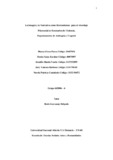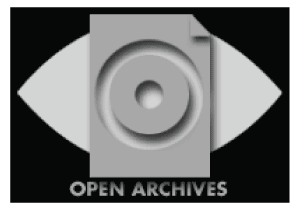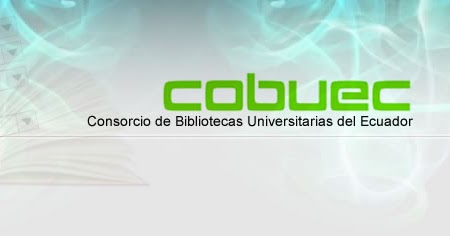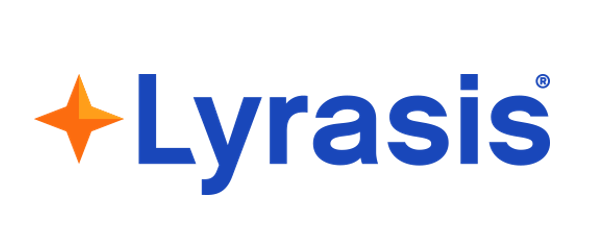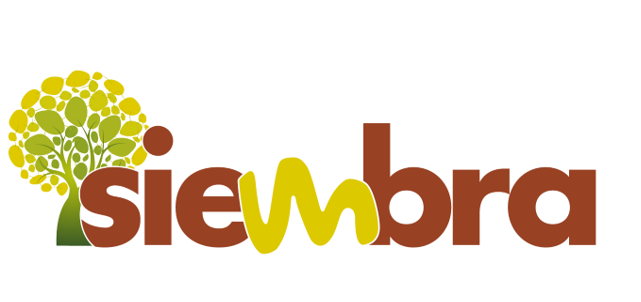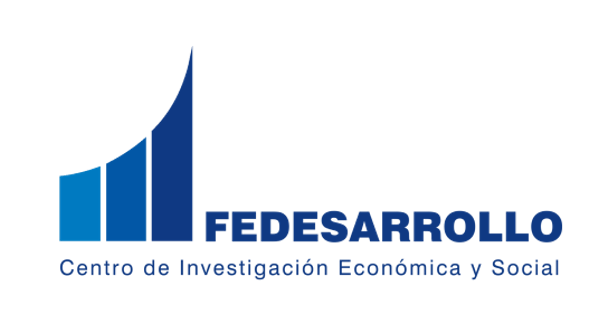Mostrar el registro sencillo del ítem
La imagen y la narrativa como herramientas para el abordaje psicosocial en escenarios de violencia.
| dc.contributor.advisor | Delgado, Boris Geovanny | |
| dc.coverage.spatial | cead_-_florencia | spa |
| dc.creator | Parra Cano, Blanca Elena | |
| dc.creator | Salas Escobar, Denise | |
| dc.creator | Rueda Varón, Jennifer | |
| dc.creator | Barbosa Villa, Jury Vanessa | |
| dc.creator | Castañeda Henao, Norela Patricia | |
| dc.date.accessioned | 2018-01-31T20:10:29Z | |
| dc.date.available | 2018-01-31T20:10:29Z | |
| dc.date.created | 2018-01-10 | |
| dc.identifier.uri | https://repository.unad.edu.co/handle/10596/14588 | |
| dc.description.abstract | En el presente trabajo tomamos la imagen y la narrativa como herramientas para el abordaje psicosocial en escenarios de violencia, donde damos a conocer la problemática de la violencia en Colombia que ha causado innumerables víctimas las cuales demandan ayuda profesional de forma inmediata. Esta ayuda se debe ofrecer en los momentos de crisis y posteriores al trauma ya que la vida del individuo y sus relaciones sociales se ven afectadas. Las víctimas de la violencia requieren intervenciones específicas que incluyan todos los sectores de la comunidad en la resolución de sus problemas; es decir, una mediación psicológica que pueda contribuir al bienestar de la salud mental de manera individual y colectiva. Las intervenciones psicosociales en el relato de Gloria y el caso Pandurí, fueron diseñadas teniendo en cuenta el tipo de violencia de la población afectada, el ímpetu y permanencia de la misma, la historia de la población y finalmente otros aspectos socioculturales; donde se evaluaron los recursos de la población y la regeneración de un sentido de unidad colectivo; garantizando un trabajo cooperativo que logre una reconstrucción integral de las víctimas a la vida social. En los casos analizados de Gloria y Panduri se identificó la importancia del psicólogo en los procesos de recuperación, brindando acompañamiento integral que incluya un análisis de la problemática social desde diferentes perspectivas; siendo un puente facilitador que genere ideas y acciones entorno al cambio, orientando a las víctimas en sus procesos de reconstrucción de identidad. Se identificó en los casos analizados una herramienta muy importante en los procesos de recuperación de las víctimas de la violencia, la cual es el enfoque narrativo como terapia que busca convertir las experiencias de victimización en historias de sobrevivencia, esperanza, y superación, permitiéndoles a la persona reconstruir sus historias, resaltar sus actos heroicos y logros, superar la adversidad, y apreciar los recursos de la experiencia, siendo esta un medio para comprender que las historias que contamos transforman nuestra identidad, generan sueños, crean nuevos propósitos, y convierten experiencias dolorosas en oportunidades de aprendizaje donde la violencia pierda el protagonismo que paraliza y afecta la vida del individuo. | spa |
| dc.format | spa | |
| dc.format.mimetype | application/pdf | spa |
| dc.language.iso | spa | spa |
| dc.publisher | Universidad Nacional Abierta y a Distancia UNAD | spa |
| dc.title | La imagen y la narrativa como herramientas para el abordaje psicosocial en escenarios de violencia. | spa |
| dc.type | Diplomado de profundización para grado | spa |
| dc.subject.keywords | Intervención | spa |
| dc.subject.keywords | Narrativa | spa |
| dc.subject.keywords | Reconstrucción | spa |
| dc.subject.keywords | Violencia | spa |
| dc.description.abstractenglish | In the present work, we take the image and the narrative as tools for the psychosocial approach in scenarios of violence, where we present the problem of violence in Colombia that has caused innumerable victims who demand professional help immediately. This help should be offered in times of crisis and after the trauma of the individual's life and social relationships are affected. Victims of violence require specific interventions that include all sectors of the community in the resolution of their problems; that is, a psychological mediation that can contribute to the well-being of mental health individually and collectively. Psychosocial interventions in the story of Gloria and the Pandurí case, were designed taking into account the type of violence of the affected population, the impetus and permanence of it, the history of the population and finally other socio-cultural aspects; where the resources of the population were evaluated and the regeneration of a sense of collective unity; guaranteeing a cooperative work that achieves an integral reconstruction of the victims to the social life. In the analyzed cases of Gloria and Panduri, the importance of the psychologist in the recovery processes was identified, providing comprehensive accompaniment that includes an analysis of the social problems from different perspectives; being a facilitating bridge that generates ideas and actions around change, guiding the victims in their processes of identity reconstruction. In the cases analyzed, a very important tool was identified in the processes of recovery of the victims of violence, which is the narrative approach as a therapy that seeks to turn the experiences of victimization into stories of survival, hope, and improvement, allowing the person to reconstruct their stories, highlight their heroic acts and achievements, overcome adversity, and appreciate the resources of experience, this being a means to understand that the stories we tell transform our identity, generate dreams, create new purposes, and turn painful experiences in learning opportunities where violence loses the protagonist that paralyzes and affects the life of the individual. | spa |
| dc.subject.category | Psicología | spa |
| dc.rights.accesRights | info:eu-repo/semantics/openAccess | spa |
| dc.rights.acceso | Abierto (Texto Completo) | spa |

